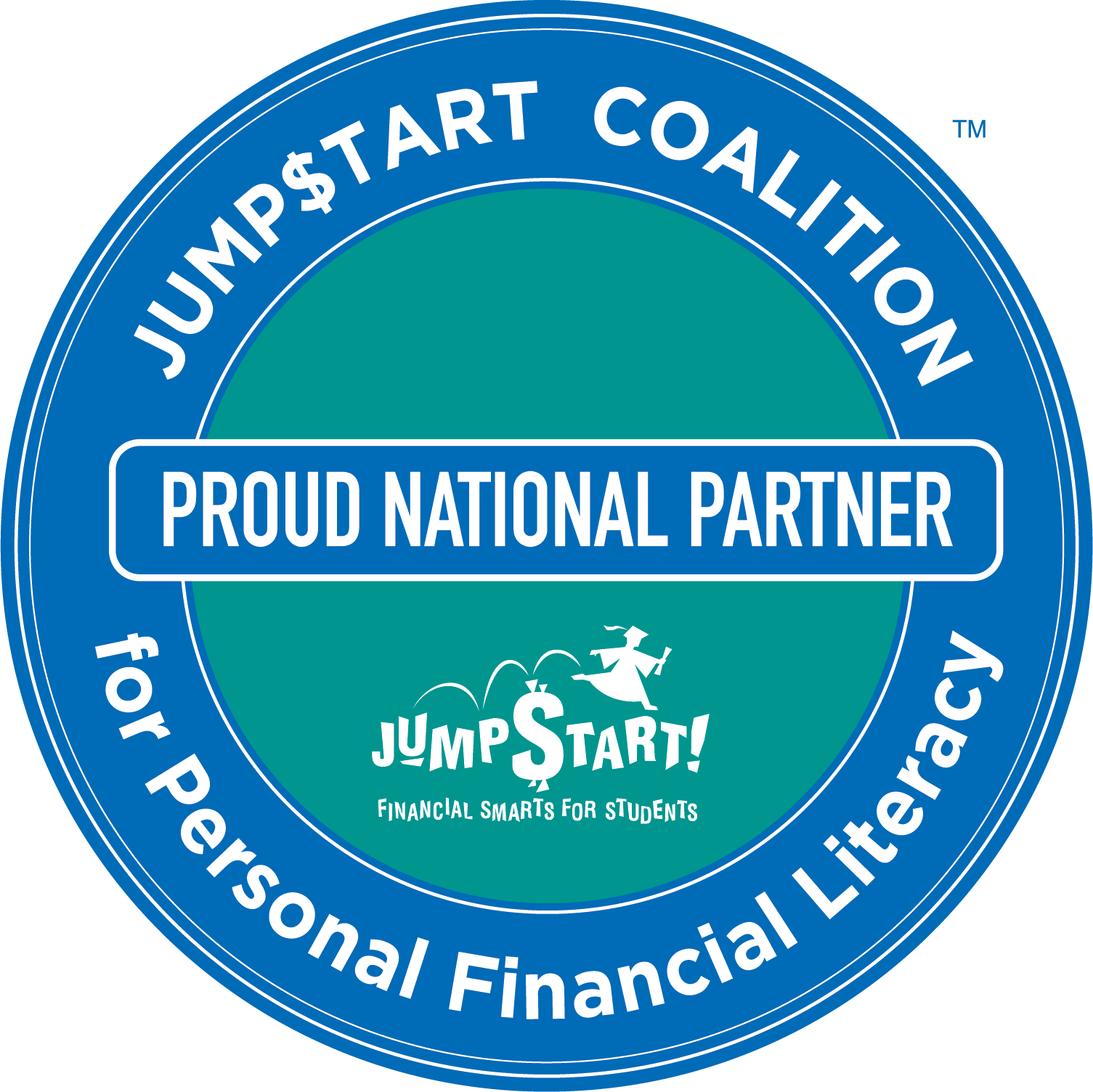Financial independence may sound like an impossible feat to reach. But anyone can do it!
With patience and discipline, you can build your net worth and improve the quality of your life. The good news is you can become financially stable at any age. Whether you just landed your first job or are approaching retirement, you can salvage your finances and control where your money comes from and goes.
What Does It Mean to Be Financially Independent?
Depending on the individual, financial independence has different meanings. For some, it’s winning the lottery, while for others, it’s as simple as taking care of yourself without living paycheck to paycheck. But in a general sense, financial independence describes the ability to manage your living expenses without debt, income, or relying on other people to cover for you.
Financial independence accords numerous potential privileges. For starters, you have more time to yourself. Instead of slaving away at work, financial independence allows you to travel, bond with family, and take up new hobbies. Moreover, you’re safe from employer exploitation. Financial independence empowers you to negotiate for better working hours, and walk away from a deal when the terms aren’t favorable.
Not forgetting the peace of mind that comes with it. Although money cannot prevent disasters, it equips you to handle personal and family emergencies.
What Can You Do to Achieve Financial Independence?
Most people may be apt to join the FIRE (Financial Independence, Retire Early) movement. However, not everyone has what it takes to attain this lifestyle. Financial independence demands the following sacrifices.
1. Manage Debt
Debt repayment may seem impossible if you have too many arrears. However, a debt-free lifestyle is the first step to financial independence. For starters, debt repayment reduces your monthly bills. You can focus on wealth creation when you have fewer financial obligations.
What’s more, debt management facilitates asset ownership. You can put your house and car under your name after clearing your mortgage and auto loan. Not forgetting the psychological benefits. According to a past University of Nottingham study, debt repayment difficulties expose you to depression and anxiety.
Fortunately, you don’t have to land a windfall to pay off your loans. Start by listing your liabilities, from educational and credit card payments to payday loans and overdue taxes. The next step is creating a repayment plan and sticking to it. You could raise your paycheck’s loan repayment percentage to accelerate your debt settlement. Additionally, you can sell what you don’t need and negotiate for lower interest rates with lenders. Most importantly, avoid accumulating more debt. That includes stopping credit card usage and salary advances.
2. Save up!
The concept of paying yourself first features prominently in financial independence. It entails saving before you foot other bills. Think of saving as your first monthly bill. You might not even notice the money leaving your account after some time. Apart from savings, you could channel this money to insurance, healthcare, and retirement.
To avoid the temptation of spending before you save, you can automate your contributions instead of depositing them yourself. That goes together with regulating your spending. You could cancel unused subscriptions and set spending limits on credit and debit cards. Another measure is minimizing utility bills. You can hire cheaper energy providers, buy cost-efficient light bulbs, and fix faulty appliances to control your power bills.
3. Create an Emergency Fund
An emergency fund refers to a cash reserve put aside for unforeseen financial difficulties such as illnesses, accidents, evictions, and job loss. By cushioning you from eventualities, an emergency fund plays several roles in your financial independence. First, it reduces stress. A rainy day fund puts your mind to rest by minimizing the effects of a crisis. It also reduces bad debt—you’re safe from high-interest loans and penalties during emergencies. Moreover, this fund encourages saving. Putting the cash in a different account prevents reckless spending and keeps you committed to building the fund.
Ordinarily, the rainy day fund should sustain you for six months. Your savings should also be readily available. The last thing you want during an emergency is waiting for days to access your money.
Because people long for different lifestyles, financial independence plans might vary from one person to another. However, you can implement the aforementioned tips in any wealth creation strategy. Remember, financial independence comes at a cost. Though you can allow yourself some fun, don’t lose track of your financial future.
Like what you see? Get more content sent directly to your inbox! Sign up for the Money Vehicle Movement Newsletter!
More from Money Vehicle:









